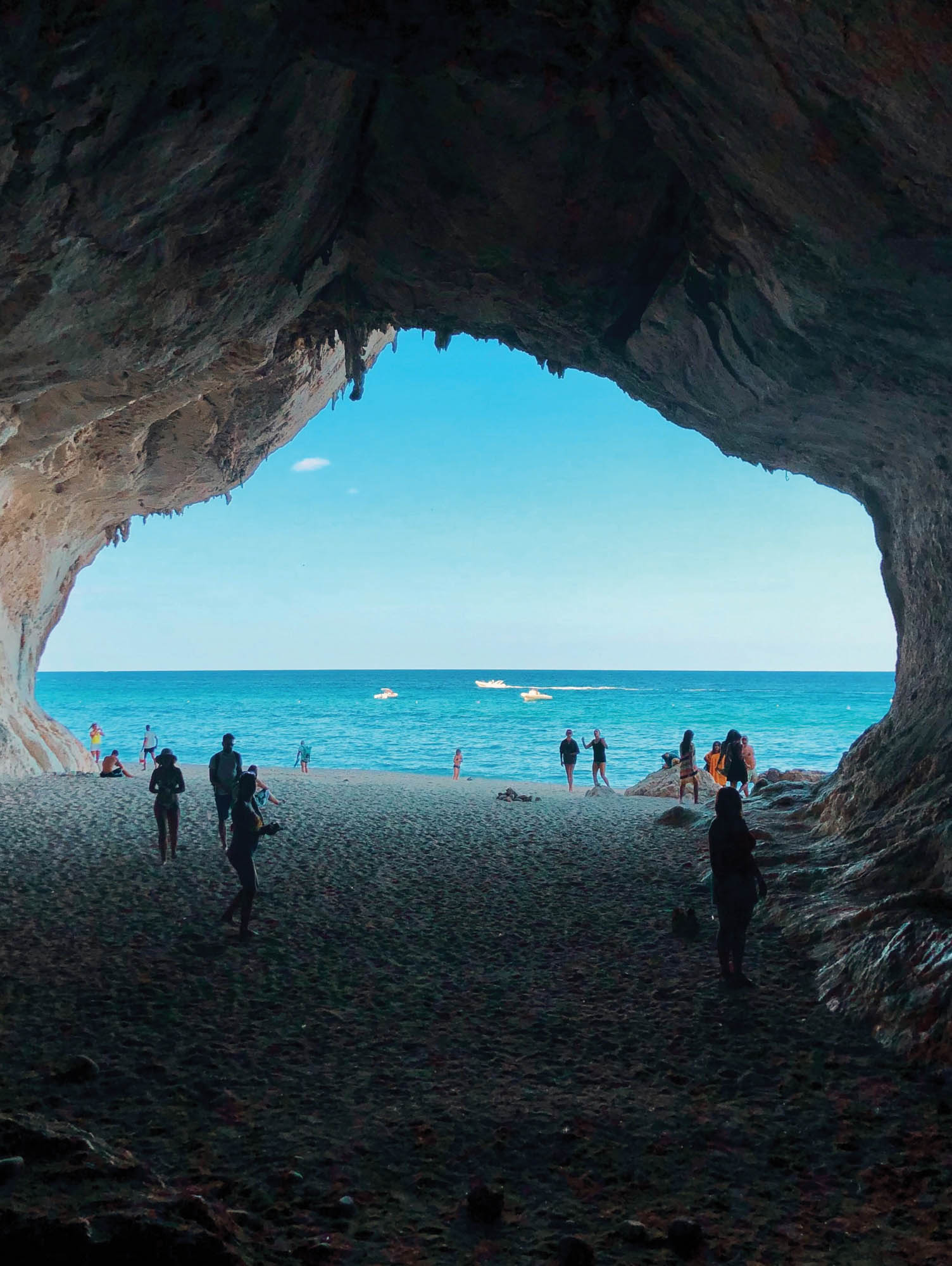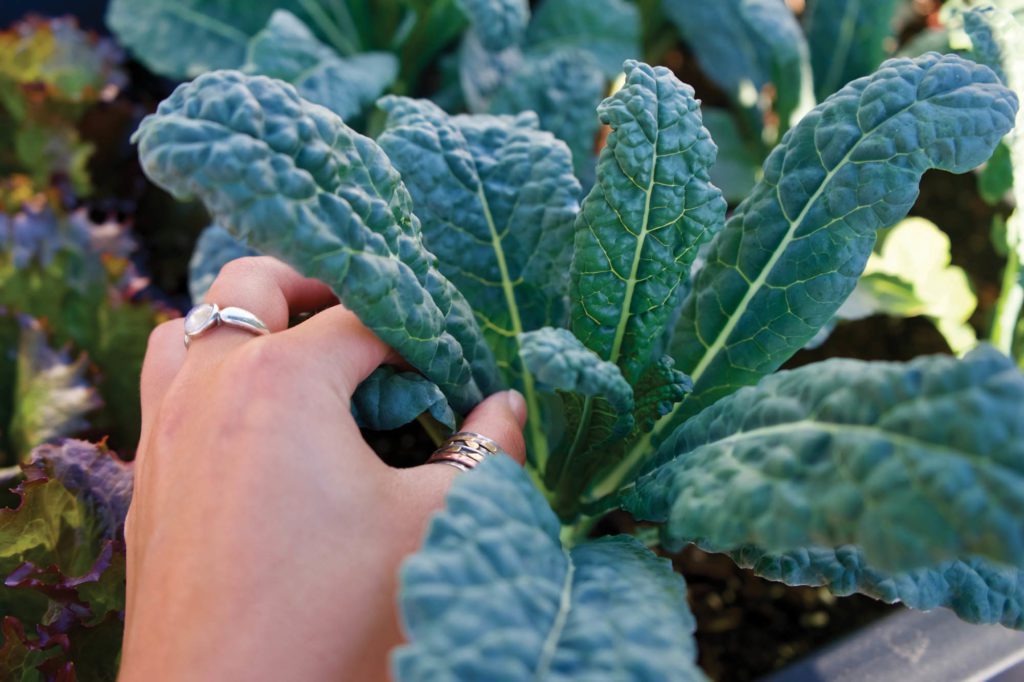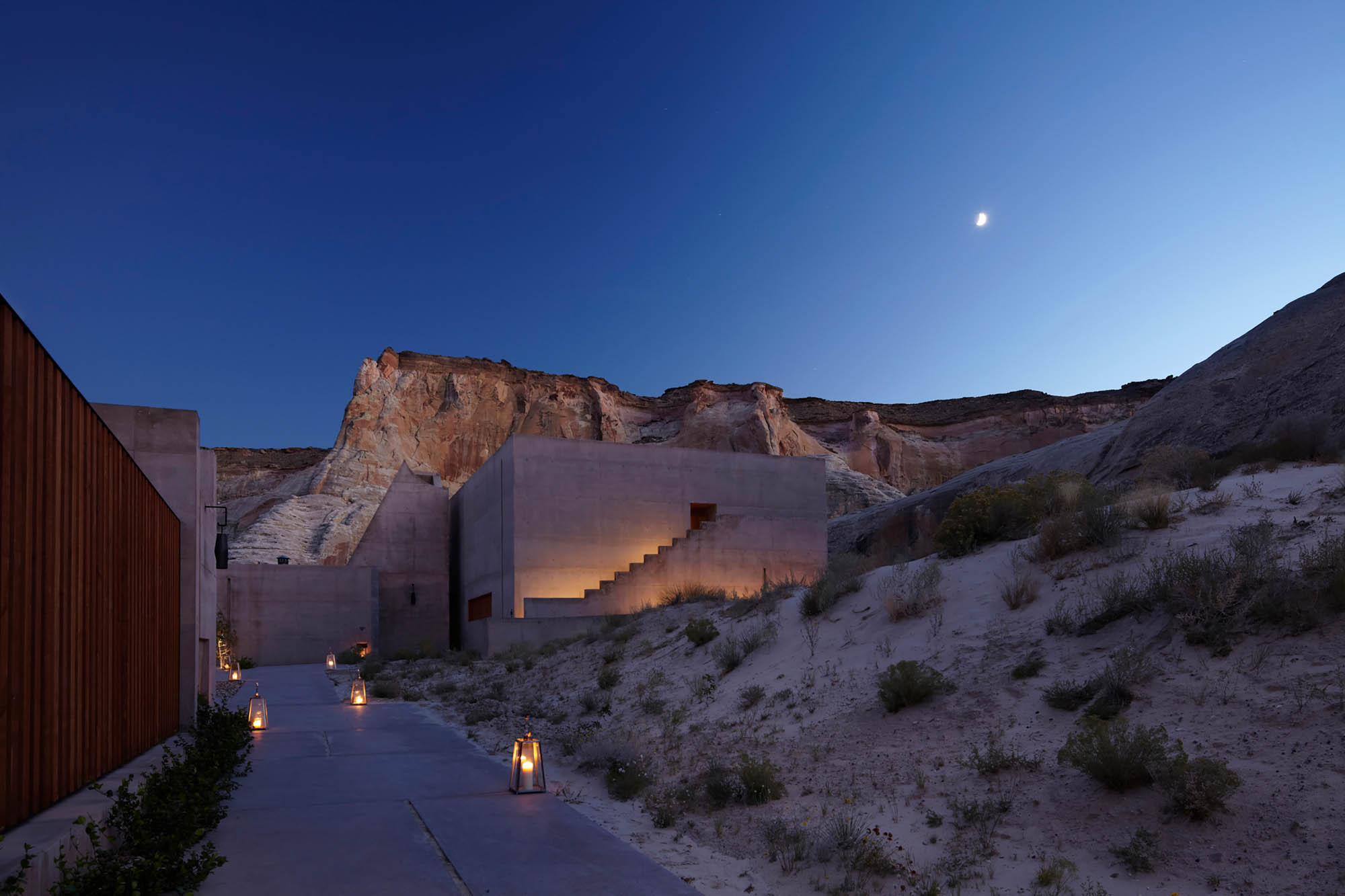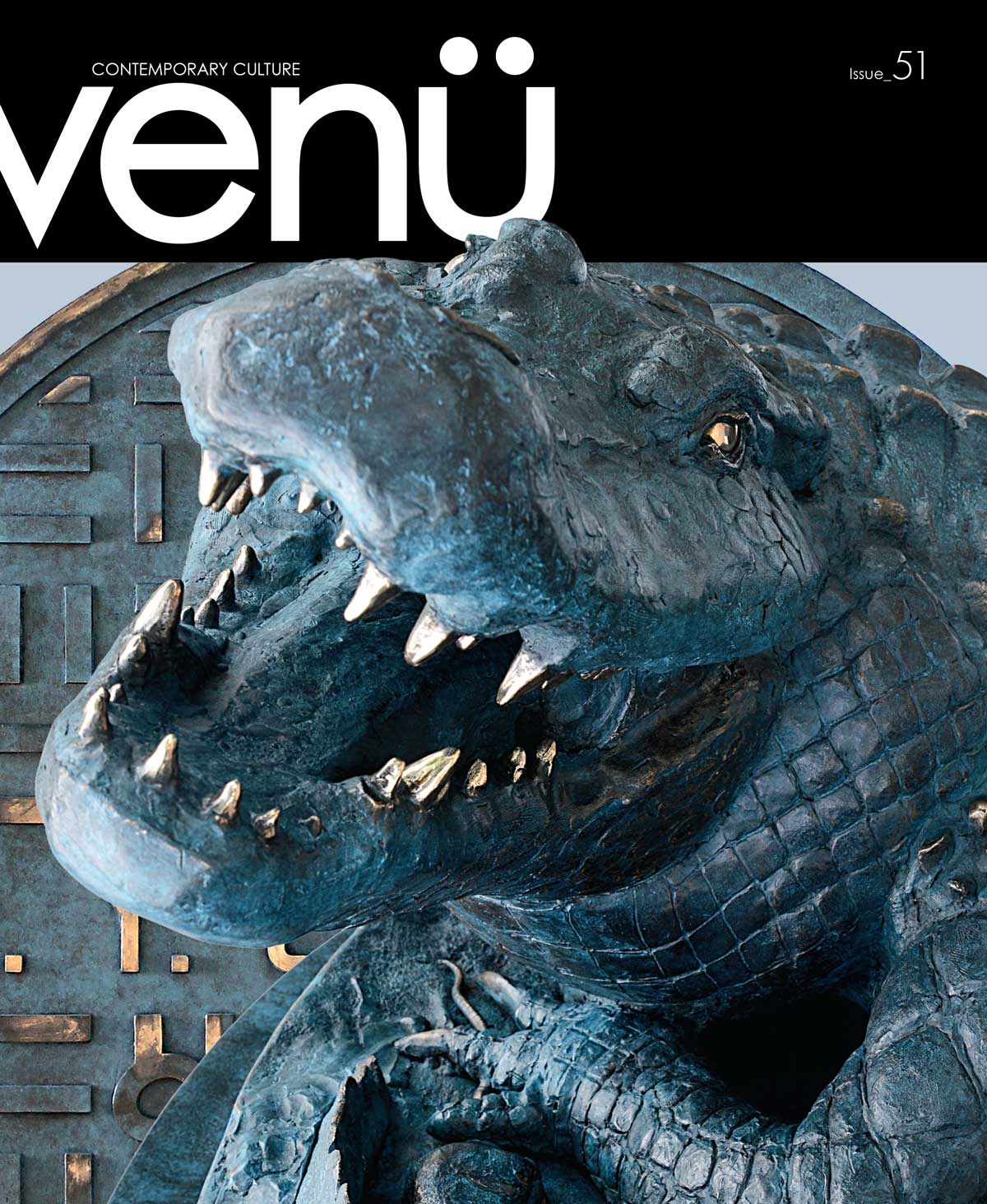
Grounding – Bringing Medical Advice Back Down to Earth
There have been a lot of hit and misses in the news of late, especially when it comes to the mixed messaging in media-released medical advice surrounding COVID. But this is not new news. Throughout the centuries, clinical studies have trumped or trounced published studies that came before, illustrating conflicting medically sanctioned recommendations when it comes to our health.
There once was a time when everyone thought it was cool to smoke. It was OK that coke had cocaine in it, and radium cure-alls and deep dark suntans, now deemed dangerous, were considered healthy. Modern day medicine and health organizations put an end to all that, learning through research what worked and what didn’t in terms of a healthy lifestyle. But today, with the great mask debate, heart health reversals, EMF controversies, multiplying misdiagnoses and more muddling access to the answers we seek, it is increasingly difficult to know who and what to trust in our quest to live longer and better.

Photo by KoolShooters
I came across the term “medical never minds” recently and wondered why so many publicly touted findings, once sacrosanct, are later refuted by the very scientists and medical professionals we look to for sound guidance. I was reminded of a conversation I had with cardiologist Dr. Stephen Sinatra who shared that doctors, health officials, scientists and researchers can provide deep expertise and vital perspective, but they are also fallible and have their own biases.
A highly respected researcher, author and integrative health practitioner, Dr. Sinatra is frustrated by misrepresentative health claims too. He explained that a third of the medical literature doctors read today in top-of-the-line medical journals has been declared fraudulent. Research is a big part of that misleading science because of the way it’s conducted and calculated. “Studies underwritten by pharmaceutical companies tend to report data based on relative rather than absolute risk. It’s a difficult concept to understand. But when you are talking about relative risk, it is really only a fraction of what really occurs.”
“Doctors learn by trial and error,” he continued. “They go to medical school, take an internship, do a residency and maybe a fellowship, all the while training and observing and experiencing the real life-and-death issues doctors face every day. The more training you have, the more tools you have in your tool chest and the more versatile you are. That’s the basis of conventional training. Then there’s non-conventional training, like what the American College of Nutrition does, where you learn about energetic medicine, herbal medicine, vitamins, minerals, and the like. That’s not taught in medical school, and as we know there are so many other lifestyle choices that impact a person’s health.”
In the last few years especially, we have seen a lot of misinformation come to light. Even doctors admit that you can go to five different doctors and get five different opinions. There are so many variables when it comes to health.
“For years and years, we doctors believed that cholesterol was the villain in heart disease until the Framingham Heart Study proved otherwise. When I was a young cardiology doctor, I participated in this decades long study by sharing data. I remember towards the end of the study, doctors, who had preached that cholesterol was the enemy, were surprised to learn that they had been wrong in believing that people would die earlier with high cholesterol.
That was a total paradigm shift for them and they had a difficult time accepting it. But the science showed them the facts. Up until that time, we doctors grew up with the notion that the higher the cholesterol, the fewer years a person would live. In other words, higher cholesterol predisposed them to strokes, heart attacks, dementia and more. But now we know that cholesterol is vital for protecting neurons, and the workings of the brain among other things.”
“What is constant is that medicine is always changing. What we considered dogma 100 years ago is a fallacy today. One of the hallmarks that good doctors are privy to is the myth fallacy. Sometimes a myth becomes fact and the dogma becomes the fallacy. I’ve seen that happen in my own lifetime when we treated gastric ulcers by surgically cutting them out and cauterizing them. Twenty years later it was discovered that gastric ulcers were caused by, H Pylori, a bacteria, that could be treated with antibiotics,” said Dr. Sinatra.

Photo by Cleo Stracuzza
Many studies are refuted over time. Paid researchers embark on studies wanting certain results. We tend to think of the scientific process as being objective, rigorous, and even ruthless in separating out what is true from what we want to be true, but in fact it’s easy to manipulate results and arrive at conclusions you hope for, especially if there is money on the line.
So what can we believe when we want to know what’s best for our health, especially as we age?
“You can look at all of the studies that celebrate healthy lifestyles without promoting products. These studies take into account the choices people make in terms of their well-being, with no profit margin coercion influencing their findings. From unbiased research, ongoing clinical studies and anecdotal observations, we know that we can improve our health by changing our habits and lifestyles, including eating organic foods, exercising every day and avoiding harmful toxins in our diet and environment. In many cases, we can even reverse diseases naturally, without turning to prescribed medicines. People who have discovered the secret sauce to a healthier life have also added grounding to their daily routine,” said Dr. Sinatra. “In my fifty years of practicing medicine, I believe the greatest health discovery I’ve ever made is grounding.”
Grounding, the simple act of connecting to the freely abundant, nourishing energy of the Earth’s surface, skin to soil, has been scientifically and medically proven through numerous studies to have significant positive effects on our physiology. It helps to restore energy, heighten feel good endorphins, improve circulation, calm heart rates, alleviate stress, and help assure a better night’s sleep, returning the body to a naturally balanced state of homeostasis the way nature intended. It also reduces inflammation – the culprit behind rising health problems today, including heart disease, arthritis, diabetes, high blood pressure, chronic pain and even cancer. The Earth’s surface keeps our bodies in balance through a constant exchange of electrons and electric vibrations that literally recharge us with positive healing energy. That’s the essence of grounding and you can do it while you are out walking, swimming, gardening or doing anything that puts your body in direct contact with the earth.
Take a look at the health revelations of people who live in the so-called Blue Zones, the places where longevity and centenarians rule. The Blue Zones are areas of the world where people live 100 years or more, with less stress, more connections and fewer incidents of dementia and disease. These regions include the Mediterranean, the Greek Island of Ikaria, Sardinia in Italy, Okinawa in Japan, Costa Rica’s Nicola Peninsula and Loma Linda in California. Common lifestyle factors among the residents include natural physical activity, like walking or hiking, and gardening, often growing their own fruits and vegetables in keeping with a fresh seasonal diet.
Research shows that gardening can boost your mood and well-being while also providing a physical activity that’s rewarding and productive. Gardening is also one of the best ways to tap into the restorative powers of the Earth. Similarly because of the warm climates of the Blue Zones, people are enjoying the outside all year round and doing a lot of swimming, hiking and walking, common activities these communities share. They are also great ways to get grounded if you are barefoot or wearing natural leather footwear.

Photo by Kevin Wolf
Researchers who have studied the longer-life phenomena of the Blue Zones attribute their longevity to their down to Earth lifestyle practices. Dr. Sinatra believes that grounding has a lot to do with it.
“Grounding is the antidote for millions of people. And it’s free. Unbelievable. I can’t get over it myself. I believe in this 100%. Grounding is the greatest free thing you can do for your body. And it’s the greatest kept secret. Only a small part of the population knows about this. Once the public realizes that this is free, and it is healing, especially in this enormous inflammatory time we live in, it will have an incredible effect. If you ask me, it’s the best healing modality I have come across in my 50 years of practicing medicine. The breadth of validation from trustworthy data and real-life testimonials is absolutely enormous.”
As Hippocrates said, “Nature itself is the best physician.” And with centuries-long evidence to support that heralded dogma, that is one piece of medical wisdom that you can count on. ☐




Leave a Reply